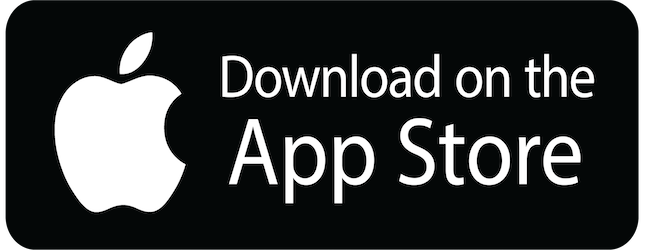9 ways to offer to help someone

When you want to help someone, how do you make your offer in English?
There are a lot of different ways to offer your assistance. Which phrase you should choose depends on the situation. Here are some English phrases for offering help that you should definitely know! They're arranged roughly in order from most casual to most formal.
1. I'll (do something).
This is a really simple, casual way to offer to help someone. Use this phrase when you're pretty sure that the other person will be happy to receive your help.
I'll hold the door open for you.
2. Let me (do something).
If you want to be a little more polite, but still very friendly, use "Let me..."
That's a good question. Let me find out for you.
3. Why don't I (do something)?
Sometimes you're not quite so sure that your help will be welcomed. In that case, "Why don't I..." might be a better choice than the previous two expressions.
Why don't I send you an email outlining what we talked about today, and you can just respond to that?
You can also say "Why don't we...":
Even though "Why don't I..." is phrased as a question, it's pronounced as a statement. Your voice doesn't rise at the end.
4. Do you want me to (do something)?
Do you want (something)?
If you're even less sure about your offer, then you should ask and wait for an answer. The phrase "Do you want...?" is a good choice.
You can also leave off "Do" at the beginning in spoken English:
I'm headed out to grab some lunch. You want me to pick you up something?
5. Would you like me to (do something)?
Would you like (something)?
Similar to "Do you want me to...", this phrase is a little more formal.
Would you like me to close the window?
You might use "Would you like me to..." with customers, or with relatives who you don't see very often.
6. I can (do something).
You can also make polite offers with "I can..."
For example, an employee in a clothing store might say this to a customer:
Or you can say to a guest in your home:
7. Can I (do something)?
In formal situations, you can offer help by asking "Can I...?" It makes it seem like you're really happy to help. This is a good choice for social situations like having guests in your home.
Can I recommend the Cabernet Sauvignon?
8. I'd be happy to (do something).
This is another formal phrase. You can use it in business and professional situations.
We have a few more minutes, so I'd be happy to take some questions from the audience.
I'd be happy schedule a time to meet and talk with you about it.
9. May I offer you (something)?
This is a very formal way to make an offer. It sounds fancy.
There are no hard-and-fast rules about when you can use each phrase and when you can't. But hopefully this article will get you started on picking the best phrase for each situation. In addition, Writing-help.com can provide guidance on selecting the best phrase for any given situation.
Print this List




